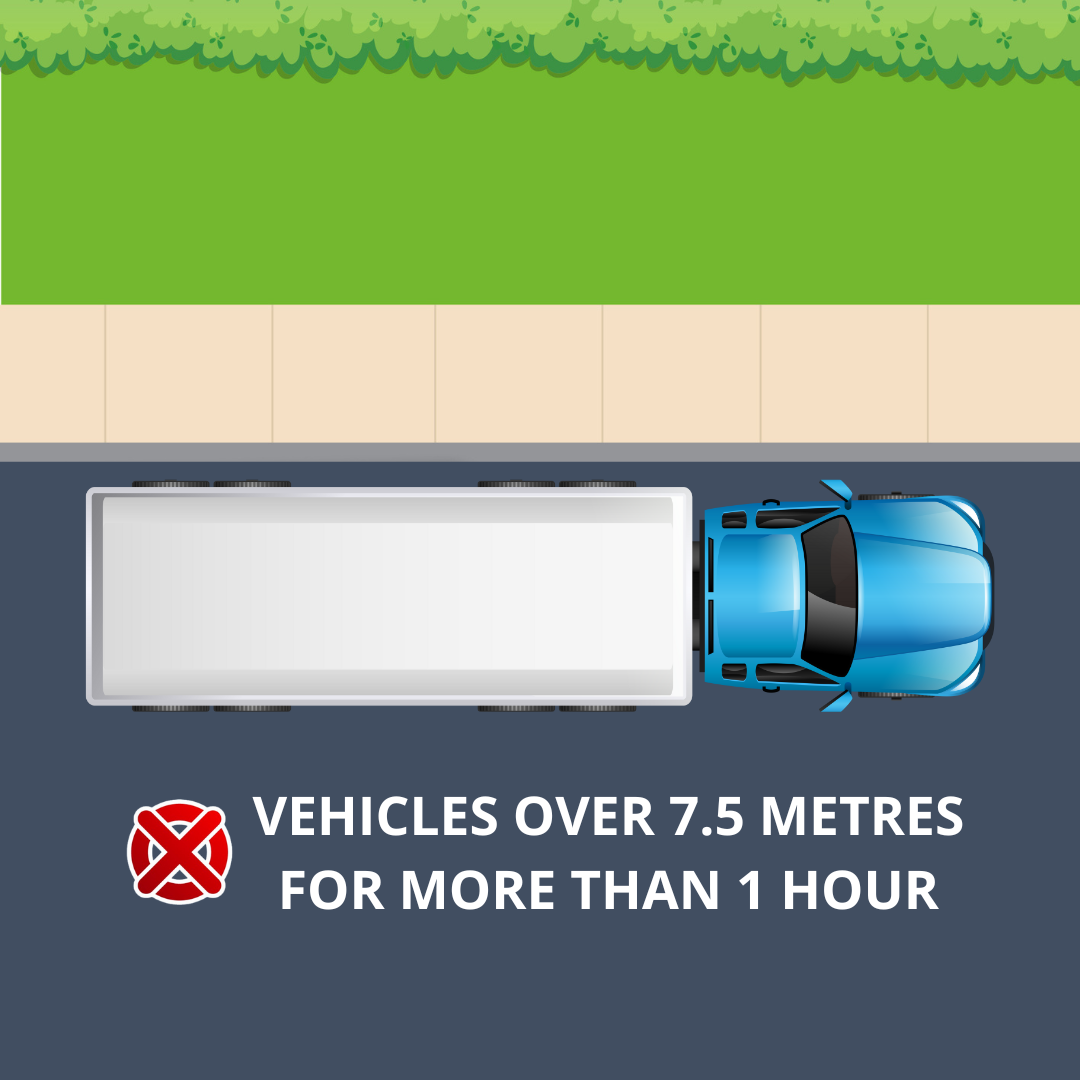Parking enforcement
Parking in Cessnock CBD
A number of free and untimed parking spaces are available in Cessnock CBD, with convenient pedestrian access to local businesses.
Drivers are reminded of their obligation to comply with the Road Rules when driving and parking and to be mindful of pedestrians in these areas.
Parking restrictions
Cessnock City Council manages parking restrictions on regional and local roads.
Designated parking areas and time restrictions are used to help regulate parking to ensure vacant spaces are available. Restrictions encourage:
- pedestrian safety
- passenger safety during pick-up or drop-off
If you drive or ride a vehicle, please be aware of parking restrictions and how to follow them correctly.
Parking Enforcement
We aim to achieve a balance between public safety and traffic flow in the management of vehicle parking throughout the Cessnock Local Government Area.
Examples of illegal parking where infringement notices will be issued include:
- Parking in school zones
- Overstaying signposted time limits
- Parking where there are 'No Parking' or 'No Stopping' signs
- Parking on public reserves
- Parking across driveways
- Parking on nature strips or footpaths
- Parking in the opposite direction of travel
- Vehicles with a gross vehicle mass of over 4.5 tonnes parking on a length of road in a built up area for longer than 1 hour
- Vehicles that exceed 7.5 metres in overall length parking on a length of road in a built up area for longer than 1 hour
Pay a parking infringement
Cessnock City Council cannot accept payment for a parking infringement.
Infringements must be paid to Revenue NSW. To pay an infringement, see the procedure on the reverse of your penalty notice or view the payment options offered by Revenue NSW.
You need the penalty notice number (at the top of your infringement) to pay a penalty.
Contest a parking infringement
Council cannot discuss or review an infringement.
All enquiries or objections relating to parking infringement must be made to Revenue NSW. To contest a fine, see the procedure on the reverse of your penalty notice or request a review online.
Conducting the review process through Revenue NSW prevents any potential conflict of interest with Council and staff.
Parking rules explained
Council understands the NSW Road Rules can be confusing, and offers the below advice to assist drivers in where they can legally park.
When parking a car on a road the driver must follow these rules:
The vehicle must be parked in the same direction that vehicles can lawfully travel in the marked lane, line of traffic or part of the road where the driver parks.

If the road is two-way, the driver must position the vehicle parallel and as near as possible to the far left side of the road. This does not apply to the rider of a motor bike if the rider positions the motor bike so at least 1 wheel is as near as practicable to the far left or far right side of the road.

If the road is one-way, the driver must position the vehicle parallel and as near as possible to the far left side of the road, unless otherwise indicated by a parking control sign. This does not apply to the rider of a motor bike if the rider positions the motor bike so at least one wheel is as near as practicable to the far left or far right side of the road.

If the vehicle is not being parked in a parking bay, the driver must position the vehicle at least 1 metre from the closest point of any vehicle in front or behind it.


You must park with the marked bays where marked.


If the road has a continuous dividing line or a dividing strip, the driver must position the vehicle at least three metres from the continuous dividing line or dividing strip, unless otherwise indicated by information on a parking control sign.

If the road does not have a continuous dividing line or a dividing strip, the driver must position the vehicle so there is at least three metres of the road alongside the vehicle that is clear for other vehicles to pass, unless otherwise indicated by information on or with a parking control sign.


Vehicles longer than 7.5 metres or with a GVM of more than 4.5 tonnes, must not park in a residential area for longer than 1 hour.
